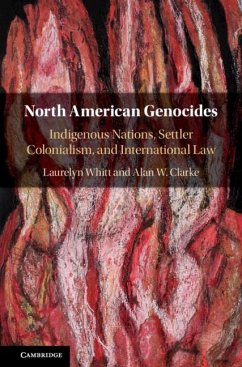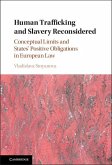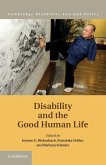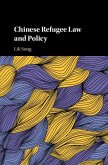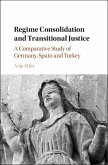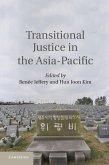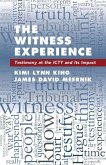When and how might the term genocide appropriately be ascribed to the experience of North American Indigenous nations under settler colonialism? Laurelyn Whitt and Alan W. Clarke contend that, if certain events which occurred during the colonization of North America were to take place today, they could be prosecuted as genocide. The legal methodology that the authors develop to establish this draws upon the definition of genocide as presented in the United Nations Genocide Convention and enhanced by subsequent decisions in international legal fora. Focusing on early British colonization, the authors apply this methodology to two historical cases: that of the Beothuk Nation from 1500-1830, and of the Powhatan Tsenacommacah from 1607-77. North American Genocides concludes with a critique of the Conventional account of genocide, suggesting how it might evolve beyond its limitations to embrace the role of cultural destruction in undermining the viability of human groups.
Dieser Download kann aus rechtlichen Gründen nur mit Rechnungsadresse in A, B, BG, CY, CZ, D, DK, EW, E, FIN, F, GR, HR, H, IRL, I, LT, L, LR, M, NL, PL, P, R, S, SLO, SK ausgeliefert werden.

